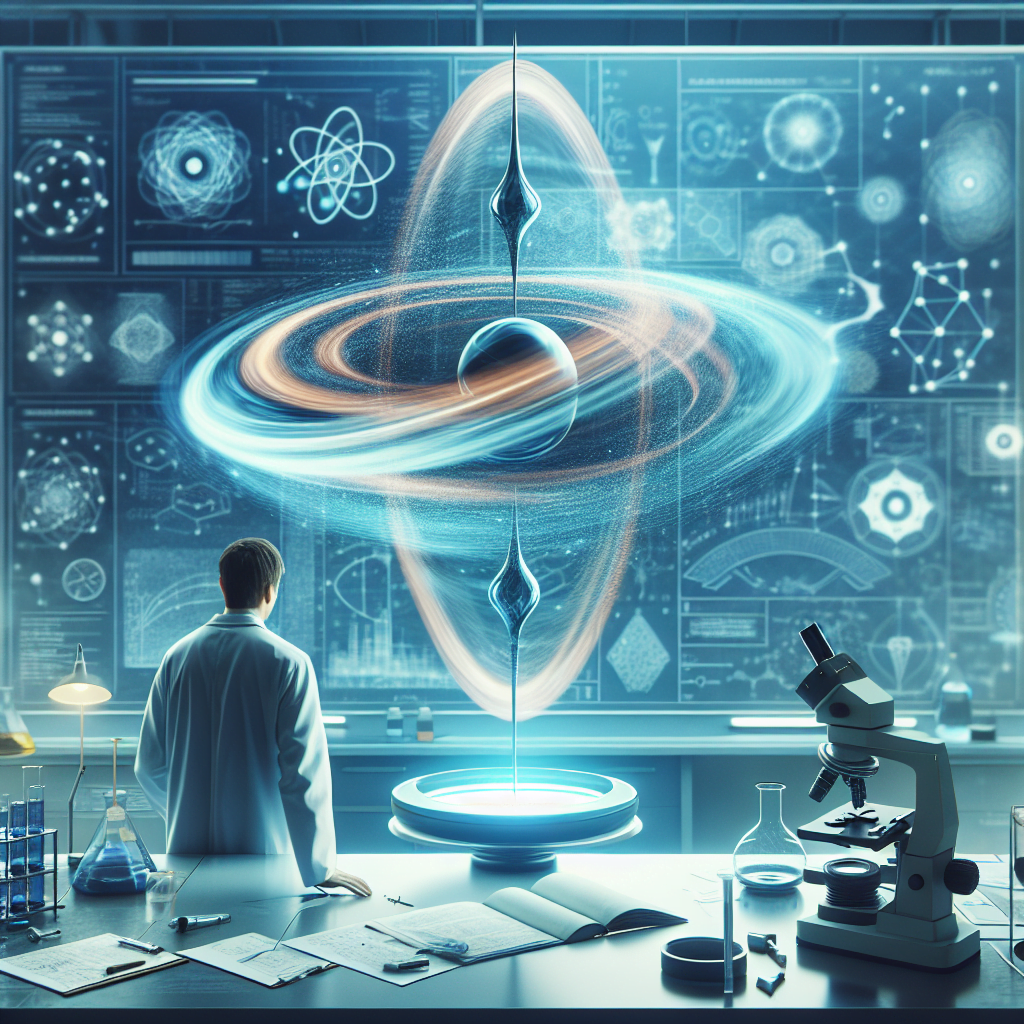Introduction
Conspiracy theories have always been a part of human history. From the moon landing hoax to the Illuminati controlling the world, these theories capture the imagination of people around the globe. In this article, we will delve into some of the most popular conspiracy theories and uncover the truth behind them. Let’s separate fact from fiction and unravel the mysteries that have puzzled us for years.
The Moon Landing Hoax
One of the most enduring conspiracy theories is that the moon landing was faked by the US government. Proponents of this theory claim that the footage of the Apollo 11 mission was staged in a studio to deceive the public. However, overwhelming evidence from NASA and independent sources proves that the moon landing was indeed real. Photos, videos, and testimonies from astronauts all confirm that humans did set foot on the moon in 1969.
The Illuminati Control
Another popular conspiracy theory is that a secret society known as the Illuminati controls the world. Believers in this theory claim that powerful individuals manipulate global events for their own benefit. While it is true that wealthy elites have influence over politics and economics, there is no concrete evidence to support the existence of a shadowy cabal like the Illuminati. Most of the claims made by conspiracy theorists are based on speculation and paranoia.
Area 51 and Aliens
The infamous Area 51 is at the center of many conspiracy theories involving aliens and UFOs. Some people believe that the US government is hiding extraterrestrial technology and conducting experiments on alien life forms. While Area 51 is indeed a secretive military base, there is no credible evidence to suggest that it houses alien spacecraft or beings. The truth behind Area 51 remains classified, but it is unlikely to involve aliens.
9/11 Inside Job
The 9/11 terrorist attacks on the World Trade Center and Pentagon have spawned numerous conspiracy theories, with some claiming that the US government orchestrated the events for political gain. While there are legitimate questions about the handling of intelligence leading up to the attacks, there is no credible evidence to support the idea of an inside job. The 9/11 Commission Report and independent investigations have debunked these conspiracy theories.
Conclusion
In a world filled with misinformation and uncertainty, it is important to separate fact from fiction. While conspiracy theories may be entertaining to ponder, they often lack solid evidence and rely on speculation. By examining popular theories with a critical eye, we can unravel the truth and dispel the myths that cloud our understanding of the world. Let’s approach conspiracy theories with skepticism and seek out the facts that lie beneath the surface.
FAQs
1. Are all conspiracy theories false?
While many conspiracy theories lack evidence and are based on speculation, some have been proven to be true. It is important to approach each theory with a critical mindset and evaluate the facts objectively.
2. Why do people believe in conspiracy theories?
People are drawn to conspiracy theories because they offer simple explanations for complex events and provide a sense of control in an uncertain world. Believing in a conspiracy theory can also create a sense of belonging to a community of like-minded individuals.
3. How can I debunk a conspiracy theory?
To debunk a conspiracy theory, gather as much evidence as possible to support the official account of events. Encourage critical thinking and skepticism, and be prepared to engage in respectful dialogue with believers of the theory.
4. Can conspiracy theories be harmful?
Yes, conspiracy theories can be harmful as they can spread misinformation, create fear and distrust, and undermine public confidence in institutions. It is important to be cautious when discussing conspiracy theories and to prioritize evidence-based information.
5. How do I know if a conspiracy theory is credible?
A credible conspiracy theory is one that is supported by verifiable evidence, logical reasoning, and reputable sources. Be cautious of theories that rely on speculation, hearsay, or dubious sources.
6. What should I do if I encounter someone who believes in a conspiracy theory?
Approach the conversation with empathy and understanding. Listen to their concerns and ask questions to better understand their perspective. Offer to share reputable sources and encourage critical thinking and skepticism.
7. Are there any conspiracy theories that have been proven true?
Yes, there have been instances where conspiracy theories have been proven true, such as the Watergate scandal and the Tuskegee syphilis experiment. It is important to differentiate between credible evidence and baseless speculation.
8. How can I distinguish between a conspiracy theory and a legitimate concern?
A legitimate concern is based on verifiable evidence, logical reasoning, and reputable sources. It is grounded in facts and seeks to address real issues. A conspiracy theory, on the other hand, often relies on speculation, paranoia, and mistrust of authority.
9. Why are conspiracy theories so popular?
Conspiracy theories are popular because they tap into people’s fears, uncertainties, and desire for simple explanations. They offer a sense of control in a chaotic world and provide a narrative that can make sense of complex events.
10. How can I avoid falling for a conspiracy theory?
To avoid falling for a conspiracy theory, approach information with a critical mindset, question sources, and seek out multiple perspectives. Be open to changing your beliefs based on new evidence and be wary of information that lacks credibility.
Disclaimer
This article is intended for informational purposes only and does not endorse or promote any conspiracy theories. The content is provided to encourage critical thinking and skepticism in evaluating claims and evidence. Readers are encouraged to conduct their own research and draw their own conclusions.
Tags
Conspiracy theories, Moon landing hoax, Illuminati, Area 51, 9/11 inside job, Debunking, Truth, Evidence







